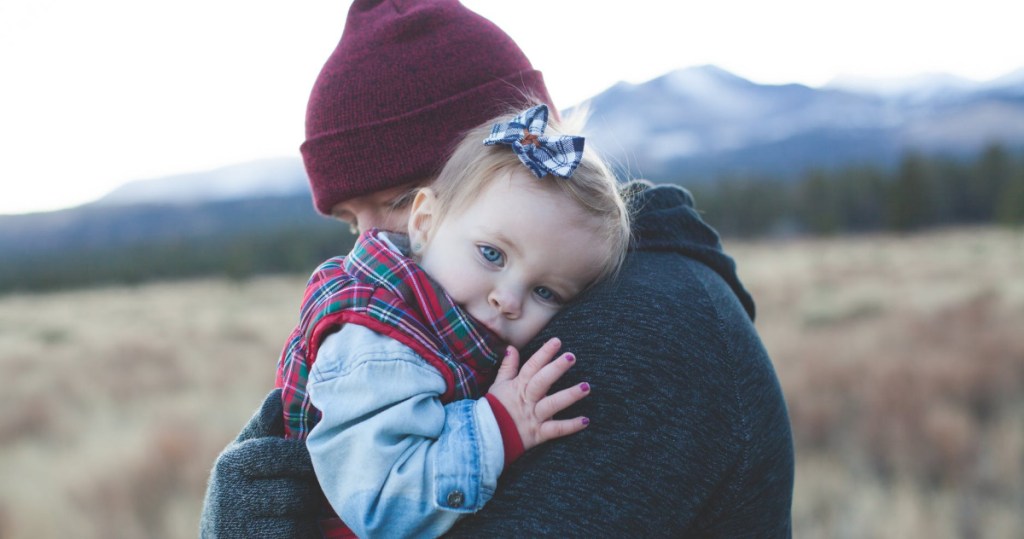We all try to be the best parents we can possibly be, and for many of us, that looks like staying calm and keeping our cool. That said, we’re all just human. Sometimes, we lose control of our emotions and behave in a way that can be loud and frightening for our kids.
I don’t know about you, but I feel like total crap in the aftermath – for good reason.
Children are easily stressed early in life, and if they are exposed to anger, yelling, and the like it can lead to socialization issues, poor emotional management, and low self-esteem. Living in situations fraught with volatility is known to lead to anxiety issues like OCD, as well, so according to family therapist and childhood mental health specialist Shanna Donhauser, knowing how to address the issue after the fact is important.
Photo Credit: Pexels
“Children constantly learn from their environments, especially their primary relationships. Rupture and conflict are inevitable. But repairing those ruptures strengthens relationships and builds the foundation of trust, comfort, and safety.”
If you’re worried about fixing things after an inevitable meltdown, here are 4 steps you can try.
4. Calm down.
Photo Credit: Pexels
You can’t save someone else from drowning if you’re still flailing about yourself, so even if it’s counter-intuitive at the moment, taking some deep breaths and putting yourself in time-out is appropriate.
If it’s going to take more than a few minutes to get your head right – a walk, a trip to the gym, a bath – have a brief conversation with your child and tell them that Mommy or Daddy needs to calm down before they can talk, but that you’ll be back at a given time to sit with them.
3. Reflect on the situation from your child’s point-of-view.
Photo Credit: Pexels
You are bigger, stronger, and louder than your child, and even if you don’t mean to, you can look scary to a little one.
Donhauser warns not to go onto this step until you’re calm, as it “will likely reactivate your emotions a little.”
2. Repair the damage.
Photo Credit: Pexels
Invite your child to sit in a safe and comfortable place, and it’s okay if they want to play while they work through their emotions.
“Share your intentions and emotions,” Donhauser suggests. “Then bring your child into the repair process so that they can co-create solutions to this problem.
Children are creative and often come up with great solutions when given the opportunity. When invited to create solutions, they are also more likely to remain cooperative and follow through.”
1. Reconnect with your child.
Photo Credit: Pexels
You should plan something fun to do together – the park, a bike ride, playing their favorite game. It’s not “making up,” but instead showing them your relationship is unchanged by the altercation.
For kids, a display of anger is as damaging to their sense of security as anything else – and bad things happen when children worry that their relationship with a primary caregiver is threatened.
If you regularly have trouble maintaining control, it might be time to seek professional help.
I’m definitely going to keep these in my back pocket because no one is perfect!
What matters most is our kids, and even though everyone screws up in one way or another, that doesn’t mean we get to stop trying.
